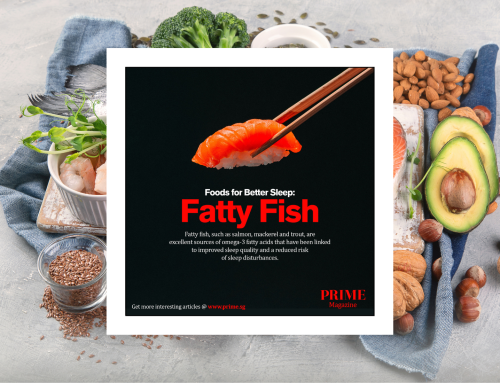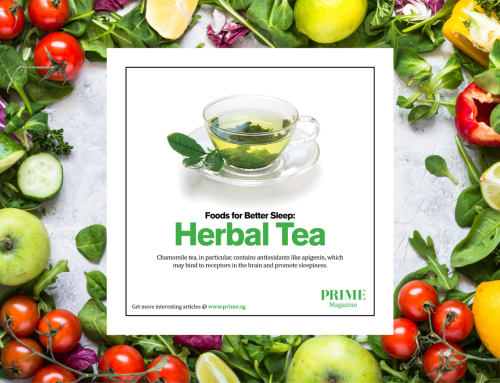Kidney beans – Kidneys
Shaped exactly like a kidney, the kidney bean is rich in vitamins and minerals, which makes it generally beneficial for your health. High in soluble fibre and low in fats, it enhances cardiovascular health and keeps your blood pressure under control. Chronic high blood pressure damages the blood vessels in and around the kidneys.
Kidney beans are healthy complements for those with healthy kidneys. They contain protein, magnesium, phosphorous and potassium. Deficiencies in magnesium and potassium can increase the risk of developing kidney stones. However, for those with unhealthy kidneys, excess protein can accelerate the loss of kidney tissues, while the other three minerals mentioned can place undue stress on the kidneys. Thus, it is best to moderate your intake of kidney beans if you are having problems with your kidneys.
Avocado – Womb
Avocado was considered a “fertility fruit” by the ancient Aztecs. The avocado fruit takes nine months to grow – exactly like the human fetus. Avocados are rich in compounds called plant sterols, which have an effect
on hormones – in particular, progesterone
and oestrogen.
Both hormones are responsible for regulating ovulation and menstrual cycles. Research has shown that eating an avocado every week can help to balance the hormones and prevent cervical cancers. In addition, avocados are also an excellent source of folate, which prevents spina bifida. The superfood is also loaded with vitamin E, which can help with embryo implantation – the process whereby the fertilised egg becomes a successful pregnancy.
Banana – Smile
Do you feel happier after you eat a banana? It is probably due to a protein called tryptophan, which converts to a neurotransmitter called serotonin (a mood regulating chemical in the brain) when it is digested. Higher levels of serotonin are associated with better moods. The next time you feel down, grab a banana to cheer yourself up and put a smile on your face!
Sweet potatoes – Pancreas
Rich in vitamin A and C, fibre, antioxidants and manganese, the superfood has an uncanny resemblance of the pancreas. It helps to support endocrine health. Sweet potatoes provide your pancreas protection from the stress of the digestive system, and aid in gradual release of sugars: According to a study published in 2000, sweet potatoes can re-granulate the pancreatic islet B-cells responsible for insulin production. The vivid
colour of the sweet potato comes from the betacarotene it contains, which has been shown to support sustained pancreatic health.
Red wine – Blood
Red wine is rich in antioxidants and polyphenols, including the powerful resveratrol. Polyphenols may help to protect the lining of the vessels in your heart, and prevent damage to the blood vessels. Resveratrol alters lipid profiles and reduce low-density lipoprotein cholesterol, which in turn alters plasma viscosity. This thins blood and prevents the formation of blood clots. However, do limit your intake of it as an overdose might escalate into a risk instead: No more than two drinks for men and no more than one drink for ladies per day.
Mushrooms – Ears
Slice a mushroom into half and you will see that it
resembles the shape of the human ear. Mushrooms
can improve hearing abilities, as they contain Vitamin
D, which is healthy for the bones – especially the 3
tiny bones in the ear that transmit sound to the brain. The hammer, anvil and the stirrup take vibrations from our eardrum and in turn generate sound in our cochlea. When a vitamin D deficiency occurs, it causes our bones to become weak and lose proper function. The condition is known as osteopenia, which may lead to hearing loss or even deafness.
Celery – Bones
Celery resembles the shape and length of the radial bone in the arm. A large stalk of it contains as much as 18.8mg of vitamin K, which plays a role in calcium absorption by the bones, promoting greater bone density.
This is not all: Celery also contains calcium and sodium, which are needed for formation of strong bones. Our bones are made up of 23% sodium, and this will be pulled out from the bones to fulfill the body’s needs if our diet fails to supply sufficient calcium, weakening the bones. Some people suffer from a buildup of inorganic calcium deposits, which can be quite painful. The sodium in celery breaks these deposits down and moves them through a solution in the body to store in the kidneys until they are eliminated from the body via urination.










